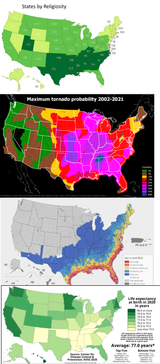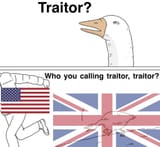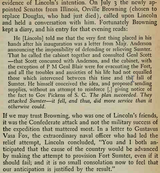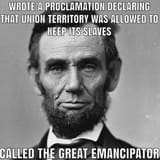>>17926175
In his inaugural speech, given weeks before the attack on Fort Sumter, Lincoln threatened to invade the seceded states if they didn’t continue to pay federal “duties and imposts” (the tariff) and/or if they didn’t allow the federal government to occupy and maintain all federal installations within their borders.
If Lincoln had desired peace, he knew all he had to do was evacuate Fort Sumter, as his own secretary of state had been promising would be done for weeks. When the Confederate authorities were told the fort was going to be evacuated, Confederate forces stopped building up the defenses around the harbor and celebrated. Across the harbor, Major Anderson was grateful the fort would be evacuated and that therefore North and South would separate peacefully (Cisco, Taking A Stand, pp. 105-106)
But, sadly, Lincoln didn’t pursue peace with the Confederacy. For a while it seemed as though he was prepared to evacuate Fort Sumter, in spite of his earlier statements to the contrary. Initially all but two of his cabinet members urged evacuation, as did his general-in-chief, General Winfield Scott. However, Radical Republicans and influential Northern business interests applied intense pressure on Lincoln and on his cabinet not to evacuate the fort. Radicals in the Senate threatened impeachment if the fort were evacuated (Catton and Catton, Two Roads to Sumter, p. 277).
Once the low Confederate tariff was announced, powerful Northern business interests came out strongly opposed to peace with the Confederacy. As the pressure for aggression mounted, Lincoln decided to provoke an attack on the fort in order to use the attack as a pretext for invasion and to whip up a majority of the Northern public into a war frenzy against the South.


















